Back to Courses
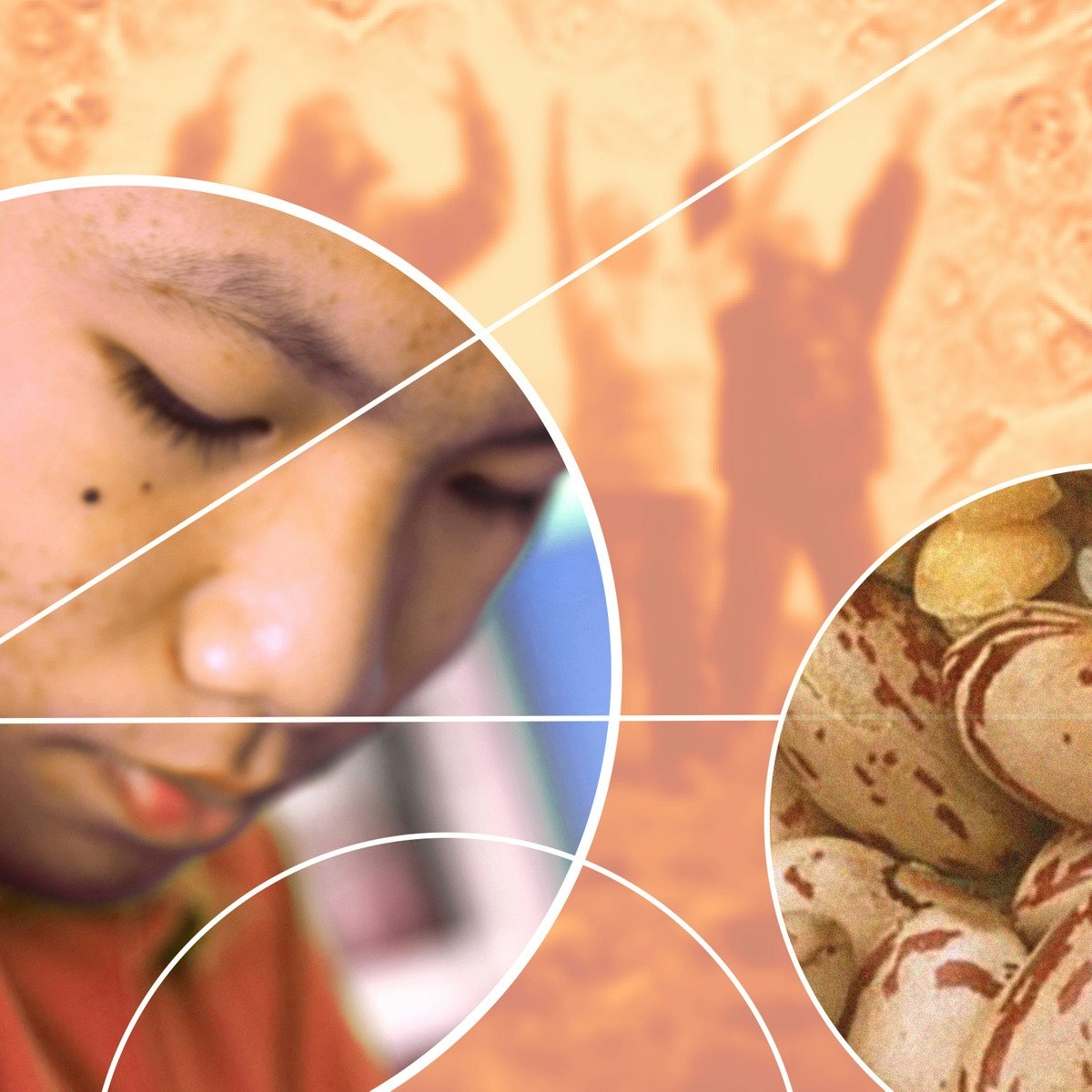

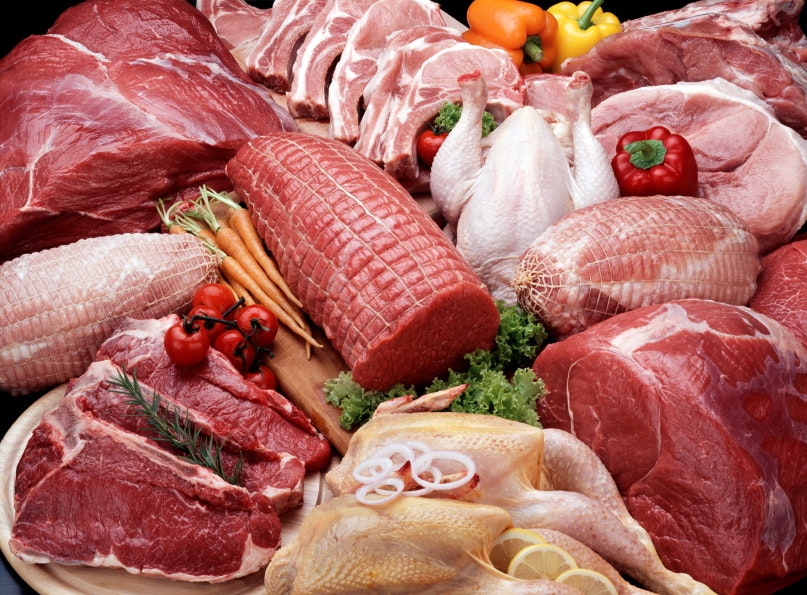

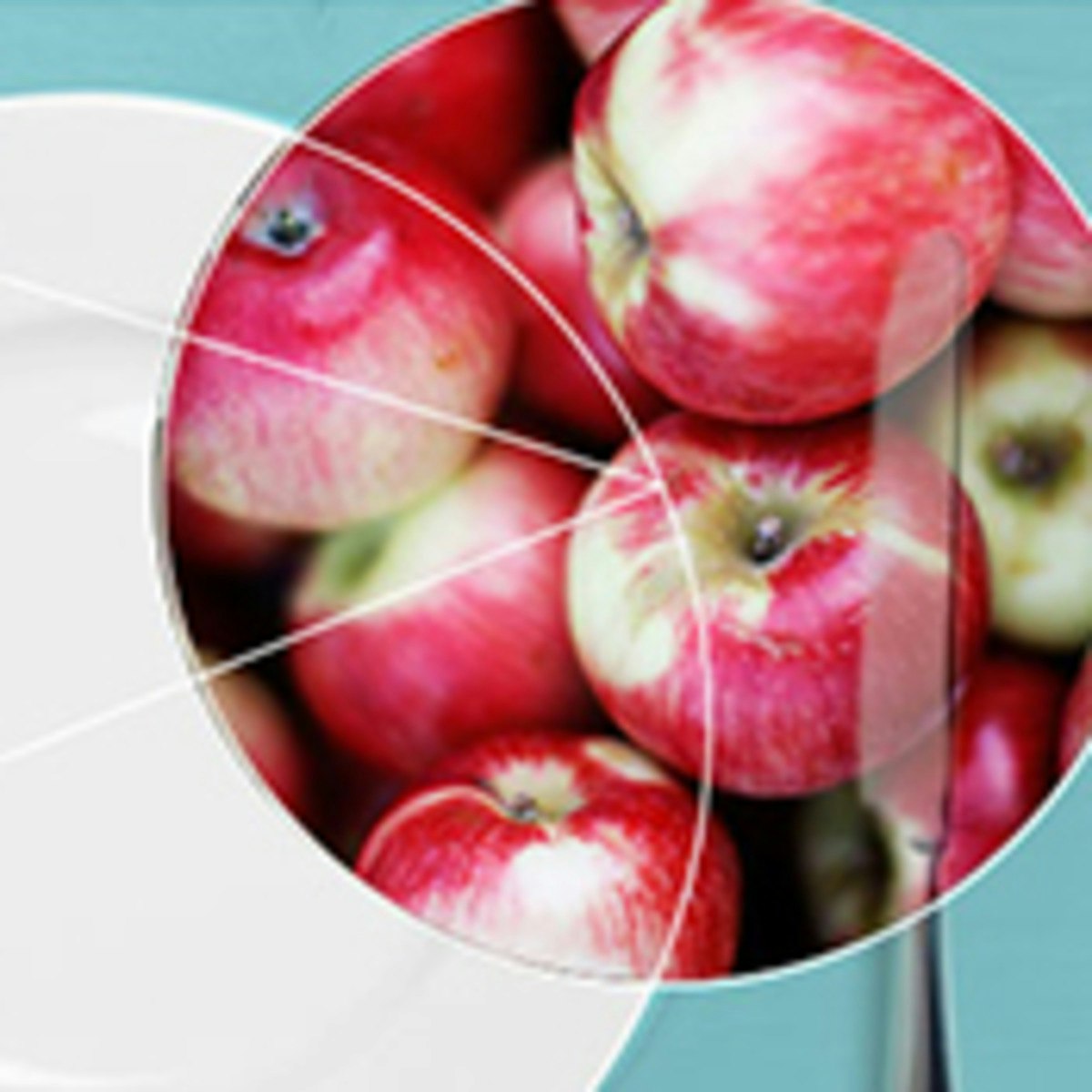
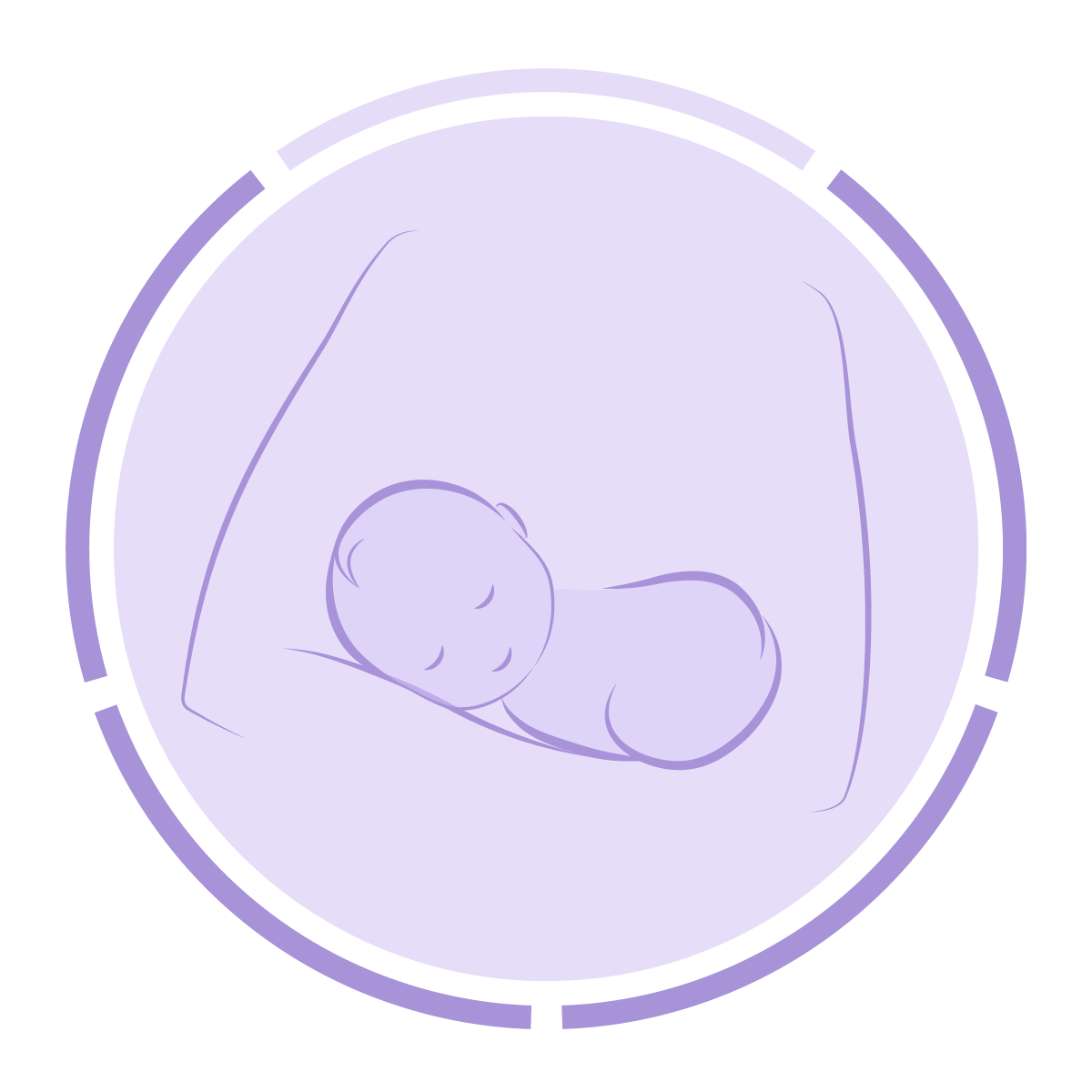
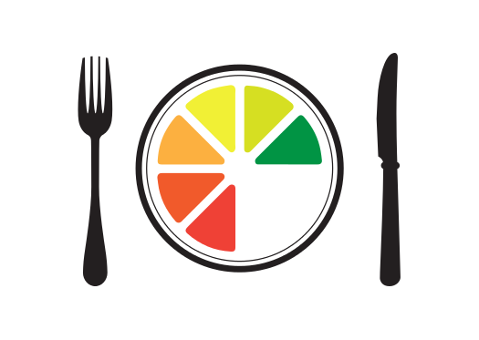
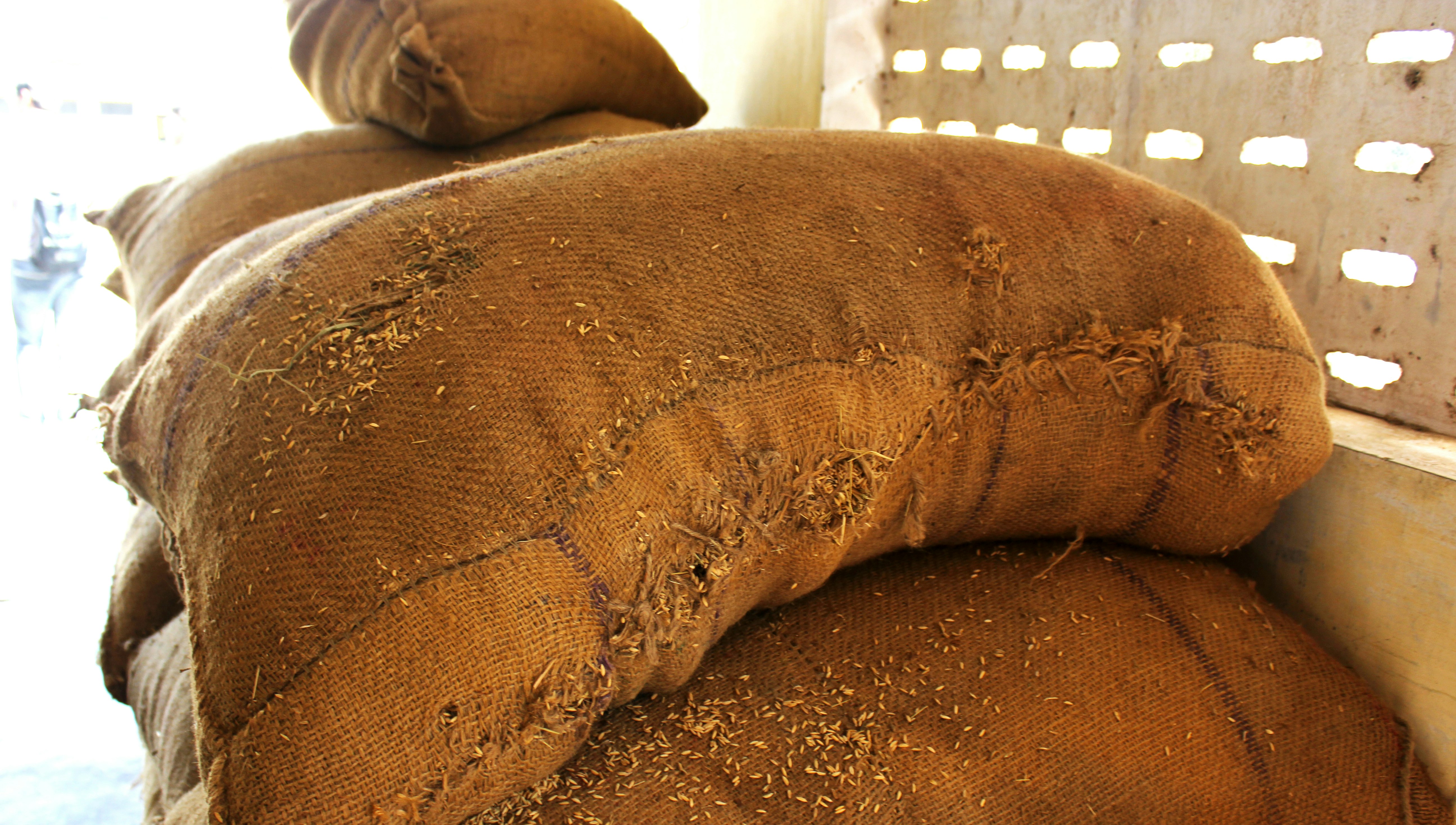

Nutrition Courses - Page 2
Showing results 11-20 of 21

Rebuilding Our Relationship with Food
Have you ever made a conscious effort to change the way you eat (for health or other reasons) and then felt frustrated when your plans were derailed? You’re not alone. The best laid plans are often sabotaged by a food environment that makes it increasingly hard to make healthier food choices. This can leave many people feeling mistrustful of food or feeling that our relationship with food is somehow broken. In this course, we’ll explore the history of our changing food environment, the science behind cravings for unhealthy foods AND most importantly, you’ll learn some concrete strategies for rebuilding your relationship with food. You’ll learn to practice mindful eating and self-compassion (proven strategies for supporting healthier food choices) as well as designing a customized plan to protect your relationship with food and improve the health of your greatest asset - you! I can’t wait to start on this adventure together.
Special thanks to: William Bottini, Sejal Parekh, Janine Van Schoor, Ann Doerr, Perry Pickert and the fantastic team at Friday Films.

Diabetes – the Essential Facts
Across the world more than 420 million people are living with diabetes. Two thirds of these have not yet been diagnosed. When discovered late or managed incorrectly, diabetes can damage your heart, blood vessels, eyes, kidneys, and nerves, leading to disability and premature death. In fact, more people are dying of diabetes related diseases than of diseases as HIV/AIDS, malaria and tuberculosis combined.
This course will provide you with an introduction to the most recent research in the field of prevention and treatment of diabetes as well as a broader understanding of the situation in different communities, rich and poor, across the world, where diabetes threatens public health.
What kind of disease is diabetes, who has it, and who is at risk of getting it? And what are the roles of medicine, exercise and nutrition when trying to prevent, delay or treat diabetes?
During the course you will meet researchers and experts from Imperial College London, Emory University in Atlanta, Steno Diabetes Center in Copenhagen as well as the School of Global Health and the Center for Basic Metabolic Research at the University of Copenhagen.
They work with very different aspects of diabetes, from microbiology to global public health, but what ties them together is the belief that it is a global responsibility to combat diabetes, and this fight can only be won through new knowledge and global collaboration.
We hope you will join us in the course and equip yourself to take part in the ongoing discussions of this truly global and individual health challenge.
This course is also part of the EIT Health programme.

Stanford Introduction to Food and Health
Around the world, we find ourselves facing global epidemics of obesity, Type 2 Diabetes and other predominantly diet-related diseases. To address these public health crises, we urgently need to explore innovative strategies for promoting healthful eating. There is strong evidence that global increases in the consumption of heavily processed foods, coupled with cultural shifts away from the preparation of food in the home, have contributed to high rates of preventable, chronic disease. In this course, learners will be given the information and practical skills they need to begin optimizing the way they eat. This course will shift the focus away from reductionist discussions about nutrients and move, instead, towards practical discussions about real food and the environment in which we consume it. By the end of this course, learners should have the tools they need to distinguish between foods that will support their health and those that threaten it. In addition, we will present a compelling rationale for a return to simple home cooking, an integral part of our efforts to live longer, healthier lives.
View the trailer for the course here: https://www.youtube.com/watch?v=z7x1aaZ03xU

The Meat We Eat
The Meat We Eat is a course designed to create a more informed consumer about the quality, safety, healthfulness and sustainability of muscle foods and address current issues in animal agriculture in developed and developing countries.

Global Sodium Reduction Strategies
This course will help guide policy makers, advocates, and program managers as they design, plan, and implement sodium reduction interventions to protect public health. We invite you to see what interventions have been proven at scale, what shows promise, and what lessons have been learned along the way from the implementation of sodium reduction strategies all around the globe. Our emphasis is implementation in settings with resource constraints. There are nine modules in this course. The first two modules set the stage with information on the science of sodium and context for lowering intake at a population level; the next five modules describe specific interventions; and the final two modules discuss comprehensive strategies in the wider context of public health, as well as tools for monitoring and evaluating interventions.
Global Sodium Reduction Strategies was created by a team at the Johns Hopkins Bloomberg School of Public Health and is supported by the Resolve to Save Lives Initiative.

The New Nordic Diet - from Gastronomy to Health
The New Nordic Diet is a new food culture developed in 2009-13 with key emphasis on gastronomy, health, and environment. Major research in its effect on acceptability, behaviour and learning skills, and disease prevention have been conducted by the OPUS centre at the University of Copenhagen and the people behind the award-winning restaurant Noma in Copenhagen.
This course will give the participants the opportunity to experience a healthy and palatable new food and eating concept diet “The New Nordic Diet” and an understanding of how food and diets can affect mental and physical health and ensure the foundation for a healthier life style for future generations with a regional based diet and food culture.
In Denmark “the Nordic cuisine”, has expanded from food eaten at the award-winning Copenhagen restaurant Noma to home-made dishes of local ingredients of whole-grain rye bread, root vegetables, berries, fresh fish and seaweed.
This course is also part of the EIT Health Programme

Supporting Parents of a Newborn Baby
In this course, you will learn some core components in supporting parents of newborn babies. The Supporting Parents of Newborn Babies Course will teach you best practices for what to expect in the newborn exam and how to best support parents, partners, and other caregivers. This course examines post-partum depression, early bonding, and touch. This course introduces the important role of supportive partners and parents, in varied households, and what that support looks like. With every household as different, how can we effectively provide support as partners, fathers, co-parents, grandparents, and other guardians? As example, what are special considerations in adoption? We wrap the Newborn Baby Care four course specialization with a guest appearance by a newborn baby, and a live Skills examination performed by course instructor, Dr. Mary Kohn.
A newborn baby is an amazing beautiful life filled with hope. There is so much that goes into making sure that babies are born healthy, and so much more to think about after they are born. Whether you are in the health care field, or even a parent, this course is the perfect educational opportunity for you to keep newborn babies healthy in the days and weeks after they are born!

Understanding Obesity
In this course, we’ll look at the facts and misconceptions around obesity and discuss key physiological and psychological concepts around the brain’s control of appetite and body weight. We’ll consider the biological and environmental pressures that make it easy to gain weight (and hard to lose it!). Most importantly, we'll give you the opportunity to reflect on your own knowledge and assumptions around the subject.
We deliver course materials as a mixture of videos, audio-only MOOCcasts, and a selection of short readings. There are short weekly quizzes, a peer-reviewed exercise, and discussion activities on the forum. These will help you prepare for the final project. In it, you are invited to demonstrate your evidence-informed understanding and express how you'll develop it beyond the course.
The course features Citizen Science projects. We'll collect data from you (anonymously, of course) and use it to drive participant-led discussions of controversial ideas. In this way, we hope to explore ideas around diet and obesity. These projects also give a taste of how scientific evidence is collected and interpreted by scientists, and give some indication how much there still is to discover and understand.

Global Postharvest Loss Prevention: Fundamentals, Technologies, and Actors
This course provides an overview of the issue of postharvest loss of grains by exploring essential physical, technical, and social dimensions of postharvest supply chains and loss prevention methods globally.
Each year, estimates suggest that 1/3 of all food produced is lost or wasted, making postharvest loss a critical global food security and sustainability issue of today. Key knowledge areas are presented including:
-An overview of postharvest loss
-Supply chain activities such as harvesting, drying, and storage
-Economics and markets
-An introduction to the network of actors working in this field
We face the immense challenge of feeding over 9 billion people by the year 2050. To meet these demands, yields will have to more than double using the same amount of natural resources. In recent years, postharvest loss has been recognized by major institutions including the US government, the United Nations, the CGIAR Research Consortium, and several others as a significant opportunity to impact food security and improve livelihoods. Despite this increased attention, a lack of knowledge, technical capacity, and resources remain obstacles for stakeholders worldwide to act on these issues. This course will, for the first time, provide you as professionals, practitioners, and students, with a comprehensive introduction to postharvest loss processes and begin building capacity for loss prevention worldwide.

National Academy of Sports Medicine Nutrition Essentials
NASM's Nutrition Coaching Essentials enables you to provide evidence-based guidance to those seeking to improve body composition, athletic performance, and health. By successfully completing this program, you will have the knowledge and abilities to leverage nutrition education to increase your client's success, reduce turnover, and maximize adherence. Held to the highest standard of research-based theory and practice, the Nutrition Essentials program teaches you how to provide nutritional direction to a variety of clients with differing goals. Your knowledge and skill base will be updated to remain current and focused on delivering the gold standard of client care in the nonclinical sphere.
This course is intended for those who are interested in learning about or teaching others how to apply nutrition priniciples for improved health and wellness.
Popular Internships and Jobs by Categories
Find Jobs & Internships
Browse
© 2024 BoostGrad | All rights reserved